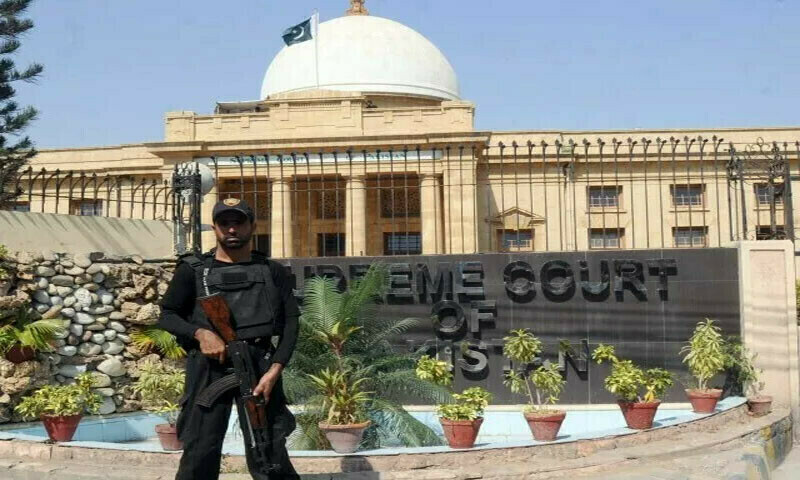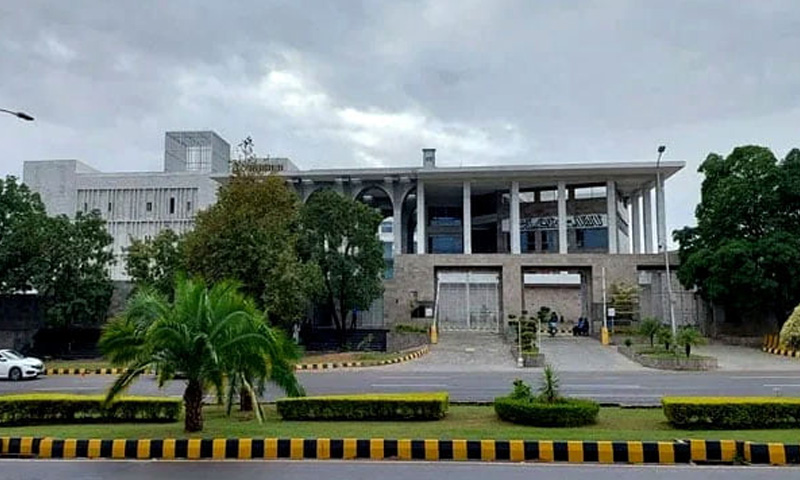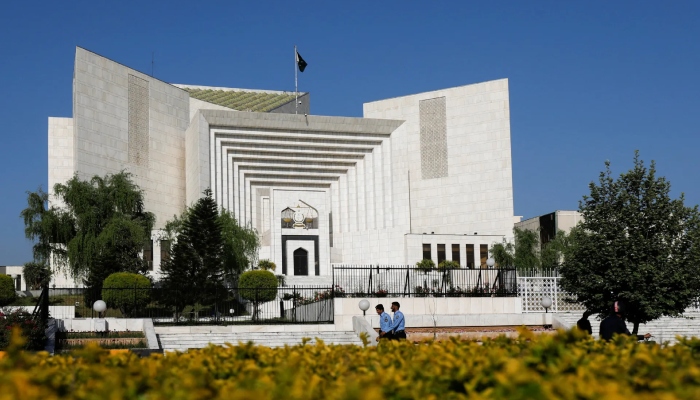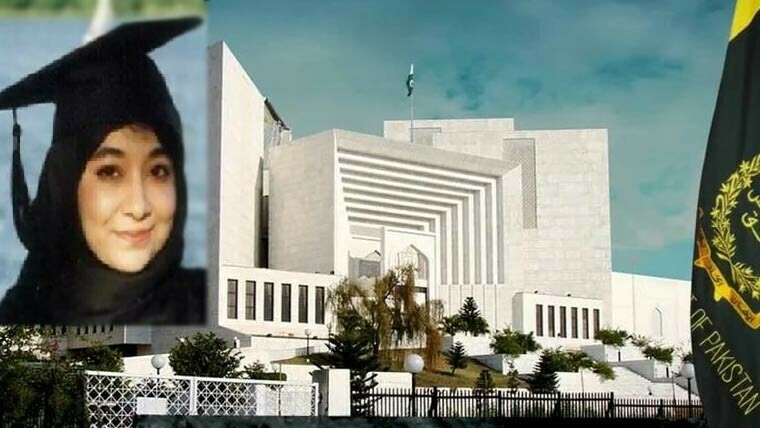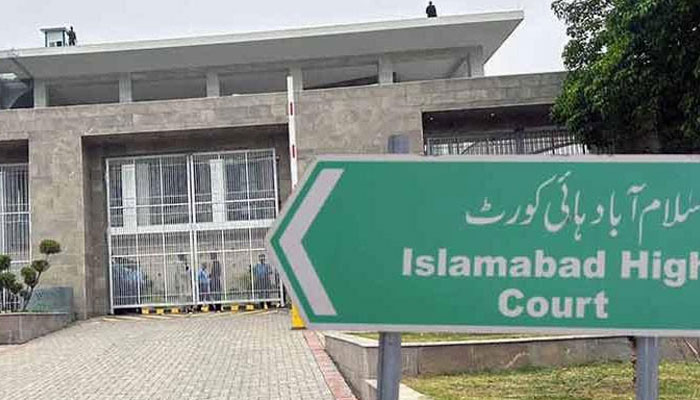LEGAL
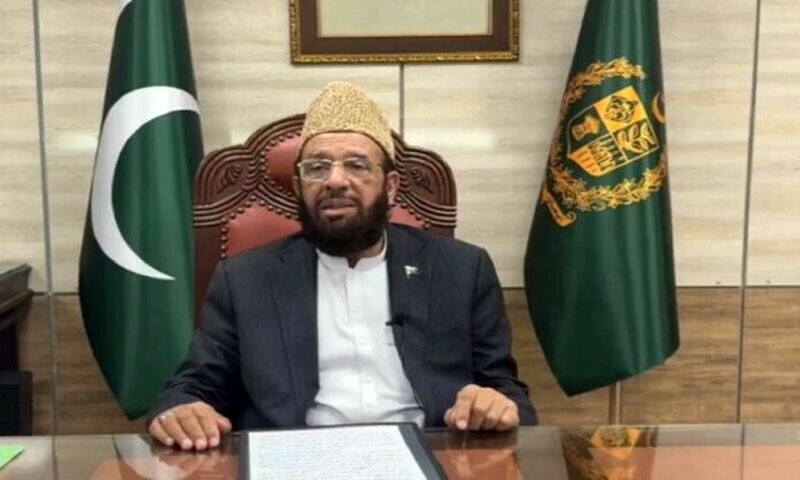
Federal Minister for Religious Affairs Sardar Muhammad Yousaf has revealed that as many as 40,000 Pakistani pilgrims have gone missing in Iraq, Iran, and Syria over the years due to the absence of a proper tracking and registration system.
In a press conference, the minister highlighted that the lack of documentation and coordination had long hindered the government’s ability to monitor and locate Pakistani pilgrims. "If the government had a complete record, it would have been possible to track their whereabouts," he said.
He further disclosed that the governments of Iraq, Iran, and Syria had also raised formal concerns with Pakistan over the undocumented movement and overstays of Pakistani pilgrims visiting religious sites in their countries.
In response, the Ministry of Religious Affairs has unveiled a new pilgrimage management policy aimed at preventing such incidents in the future. Under this new system:
· Only registered and authorized group operators (ZGOs) will be allowed to organize pilgrimages to Iraq, Iran, and Syria.
· All old caravan leaders must submit complete documentation and apply for registration by July 31, 2025.
· The new structure ensures that each pilgrim’s travel, stay, and return is monitored and verified at the government level.
The Ministry clarified that unlike Hajj and Umrah, pilgrimages to these countries were historically managed by private caravan leaders, and due to poor regulation, there was no central record of the total number of pilgrims, their length of stay, or return.
“This policy will enable the ministry to ensure security, transparency, and coordination with host countries. It also protects the global reputation of Pakistan,” the Minister stated.
The Ministry further clarified that under the previous informal system, pilgrims often stayed beyond scheduled dates, or attempted to illegally enter other countries, causing concern for regional authorities. Now, with registered operators, verified itineraries, and digital tracking, these risks will be significantly reduced.
The government hopes that this new framework will not only prevent illegal stays but also rebuild trust with regional partners and ensure that pilgrims can perform religious rituals with dignity and security.
